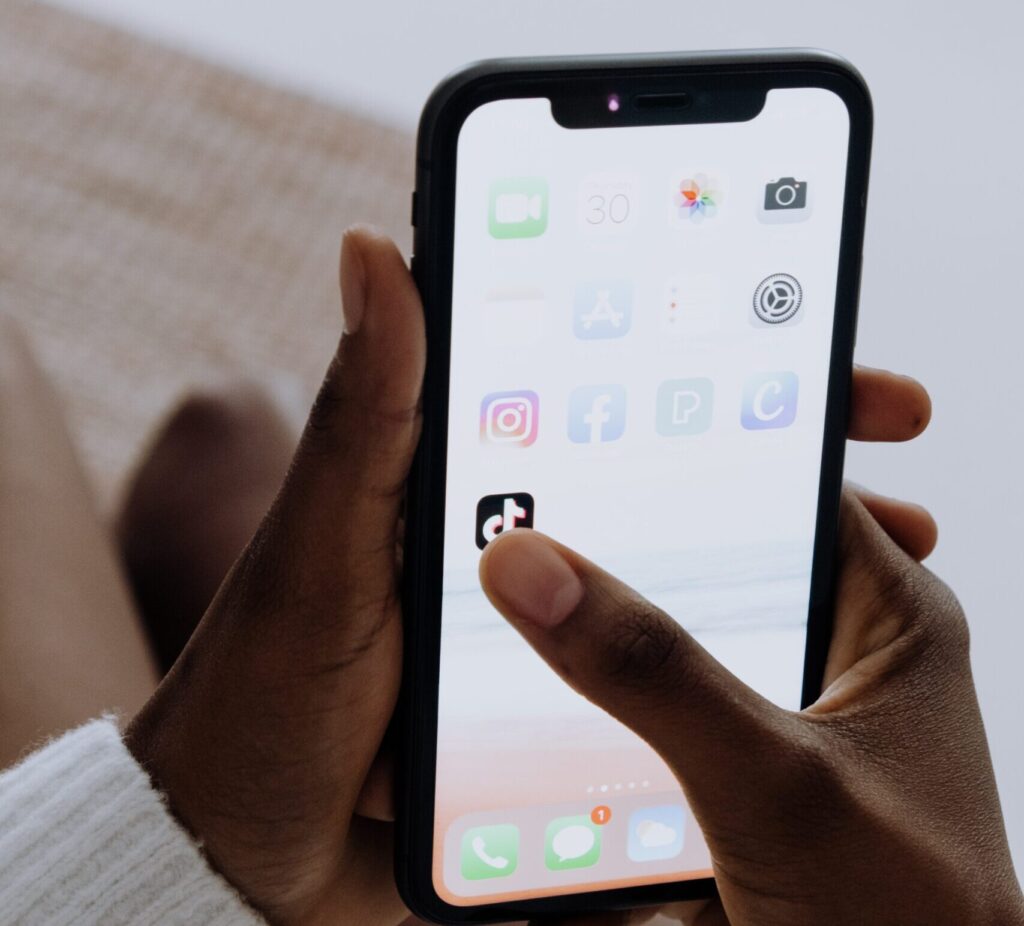How to Tell the Difference Between Good Mental Health Posts and Bad Mental Health Posts
Jase Elam
With so many social media influencers talking about mental health, it can be really hard to figure out who knows what they’re talking about and who just wants engagement. Here are some questions to ask yourself before you start taking advice from social media.
- Is it a sponsored post? Sponsored posts are ads, usually designed to sell you a product or service. That doesn’t automatically make it bad, but it doesn’t hurt to be a little bit suspicious! Do your research. [ADD Image]
- Can you understand it? If it uses a bunch of words that you don’t understand and doesn’t explain what any of them mean, it probably won’t be very helpful for you. Sometimes people talk like this on purpose to make themselves sound more credible and keep people from questioning their claims. Check the comments and see if it’s being explained further, and Google the topic to see if you can find more reliable information that you can actually understand.
- Are they diagnosing you with something? It’s important to listen to people talk about their lived experiences to reduce the stigma of talking about mental health. This is a good thing, but it can get tricky when people talk outside the scope of their own knowledge and experiences. A responsible creator will encourage you to talk to a professional if you are experiencing something similar to what they’re sharing. They might even talk about their symptoms outside the context of their diagnosis and provide tips for managing those specific symptoms. A responsible creator will not tell you, “If you have these symptoms, you have this diagnosis.” Diagnosis is a bit more complicated than a simple checklist of symptoms. You might identify with parts of someone else’s story, but you don’t have the full picture of why they received the diagnosis they did. They also don’t have the full context of what you’re going through to give you an accurate diagnosis. [ADD Image]
- Can you afford it? So many mental health posts make suggestions for different products and services that just aren’t practical. Spending $3,000 on a Supersonic Ultraviolet Atomic Light Suit isn’t going to make you feel better, just broke. A remedy that you can’t afford isn’t going to be sustainable long-term, especially if it’s one that hasn’t even been proven to work.
- Is it safe? There’s a lot of people on the internet trying to convince everyone that taking herbal supplements and standing in the sun for 6 hours straight is going to cure their mental illness. Always talk to a medical professional before taking any supplements. Some herbal remedies can actually make certain symptoms worse and/or negate the effects of some medicines. For example, St. John’s wort has been shown to increase and intensify symptoms of psychosis, and activated charcoal reduces the absorption of medication.
- How are they responding to criticism and questions? If the internet has taught us anything, it’s that people can disagree with literally anything. Commenters who disagree with a post don’t automatically mean the post is wrong or harmful, but the way the creator is responding speaks volumes. If they’re ignoring all the negative responses but responding to all the positives, that’s a bad sign. If they’re being really rude to negative responses that aren’t rude, or even people that are just asking questions, that’s a really bad sign! Are the comments turned off? Run the other way! Usually, people sharing this kind of information in good faith are open to talking more about the topic. If someone refuses to consider new information, that’s a sign that they may not have the best intentions.[ADD image]
Mental Health Influencers: https://imagency.com/news/top-10-mental-health-influencers
TikTok:
Follow @drjuliesmith
Follow @nadiaaddesi
Follow @amoderntherapist
Follow @theshaniproject
Youtube Channels
Crash Course:
Instagram Accounts:
https://instagram.com/wishinguwelltoday
https://instagram.com/repairing_the_nervous_system

